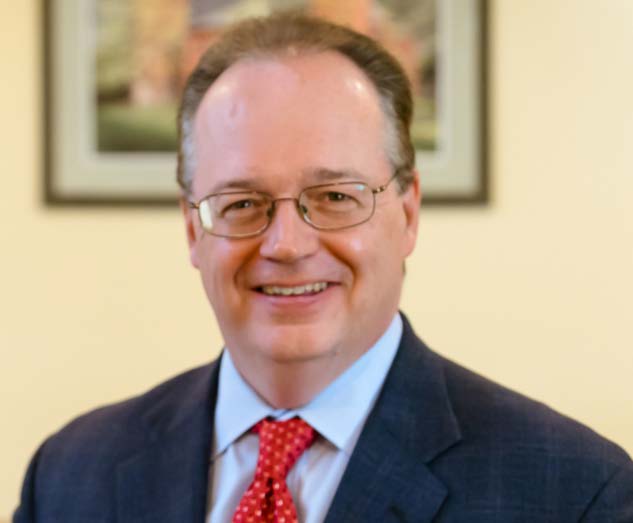 An ambulance company in Pennsylvania and its owners and operators were indicted for ambulance fraud. The charges include conspiracy to commit health care fraud, making false statements in connection with health care matters, aggravated identity theft, paying kickbacks to patients, and money laundering. Non-emergency ambulance transportation may be reimbursed by Medicare only if an ambulance is medically necessary. This means that the patient must be bed confined or have a medical condition that otherwise requires transportation by ambulance. A patient who is able to sit in a wheelchair or walk is considered “ambulatory” and generally must be transported in a less expensive wheelchair van. The defendants are accused of defrauding Medicare by recruiting patients who were able to walk and could travel safely by means other than ambulance. The government alleges that the defendants falsified reports to make it appear that the patients needed to be transported by ambulance when the defendants knew that the patients could be transported safely by other means. Many of the patients, the government says, walked to the ambulance for transport. In addition to filing false claims for ambulance transports that were not medically necessary, the government alleges that the defendants paid illegal kickbacks to the patients as part of the fraudulent scheme. The government alleges that the scheme cost Medicare more than $1.5 million. Under the federal False Claims Act, the government may recover three times the amount of its losses plus $11,000 per false claim. The government is serious about cracking down on ambulance fraud, and it pays significant rewards to individuals who come forward with evidence of false claims. Under the False Claims Act, whistleblowers are entitled to a reward of up to 30% of the amount recovered by the government. In a case such as this one, the whistleblower reward could exceed $1.5 million. If you are aware that an ambulance company is billing Medicare or Medicaid for transporting patients who are not bed confined, then you should consult with an experienced whistleblower attorney immediately. You may be entitled to a significant whistleblower reward and legal protections. To arrange a free and confidential consultation with an experienced whistleblower attorney, call John Howley, Esq. at (212) 601-2728 or click here to reach our offices via email. John Howley, Esq. The information you obtain at this site is not, nor is it intended to be, legal advice. You should consult an attorney for advice regarding your individual situation. I invite you to contact our law offices and welcome your calls, letters and electronic mail. Contacting us does not create an attorney-client relationship. Please do not send any confidential information to us until such time as an attorney-client relationship has been established. I practice law and offer legal services only in jurisdictions where I am properly authorized to do so. I do not seek to represent anyone in any jurisdiction where this web site does not comply with applicable laws and bar rules.
0 Comments
Your comment will be posted after it is approved.
Leave a Reply. |
John Howley, Esq.
(212) 601-2728 |
